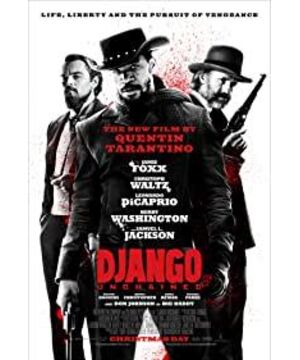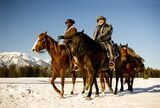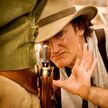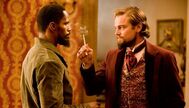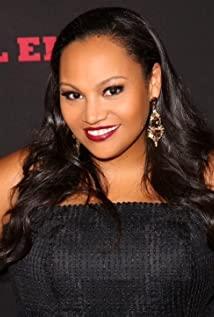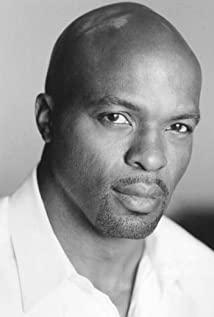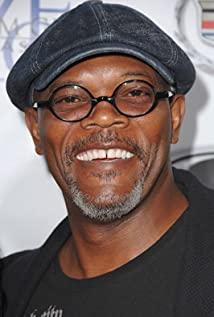Perhaps it was Quentin's first time directing a Western film that he was not skilled enough. "Django Unchained" is obviously a work that erased some of Quentin's personal color. But this also makes the film relatively flat as a whole, and I think it's lackluster except for the charisma of Dr. Schultz's character.
When Dr. Schultz told Django the story of the Germanic hero Siegfried and Broomhilda, he obviously had reservations. He did not tell that Siegfried was bewitched after he rescued the princess, and then Parted ways with Broomhilda and ended with Siegfried's betrayal and death.
Although Wagner's The Ring of the Nibelung didn't come out in 1858, I think Quentin put Siegfried in the ring into Dr. Schultz - a beheading dragon who didn't live to see it The idealists who were born into the new world. Although the doctor's role as a bounty hunter is worthless, he will not attack any innocent person. Although he could not despise Candy's virtue of fussing about human life under the protection of the corrupt laws of the Confederacy, he still did not agree to use illegal means to rescue Broomhilda, because if the bounty hunter violated the justice in his heart, then he and those The outlaws who died at his hands were no different.
In the end, under the humiliation of the villain Candi, the doctor was finally furious, and couldn't help shooting and killing the criminal who was protected by law. But also because he gave up the principles he adhered to, the doctor didn't even fight back against Candy's men after the murder, but said "I just can't help it" and simply gave up his life. The idealist is dead.
The film ushered in a cliché and lengthy ending after the death of the doctor, justice was done, and the hero saved the beauty. The character of Django, I think is more of an ordinary person with compassion. He will hesitate because the child of the assassination target is beside him, and he will also subconsciously touch the gun because he has seen his wife being maimed. He is not allowed. The warriors who set off the revolution are just a sign of freedom in this film, nothing more.
The movie ends in a very western scene, but unfortunately, it is still far from the doctor's ideal new world. The result of the Civil War was more of a handover of power. Although slavery was abolished, mass discrimination against blacks continued for a century.
These do not hinder the artistic expression of strong romanticism in "Django Unchained". But unlike "Kill Bill", which is a play-oriented movie, Django is a realist theme, which is why I think Quentin has reservations in Django. He put deeper and more worthwhile issues into "The Hateful Eight" two years later.
View more about Django Unchained reviews


